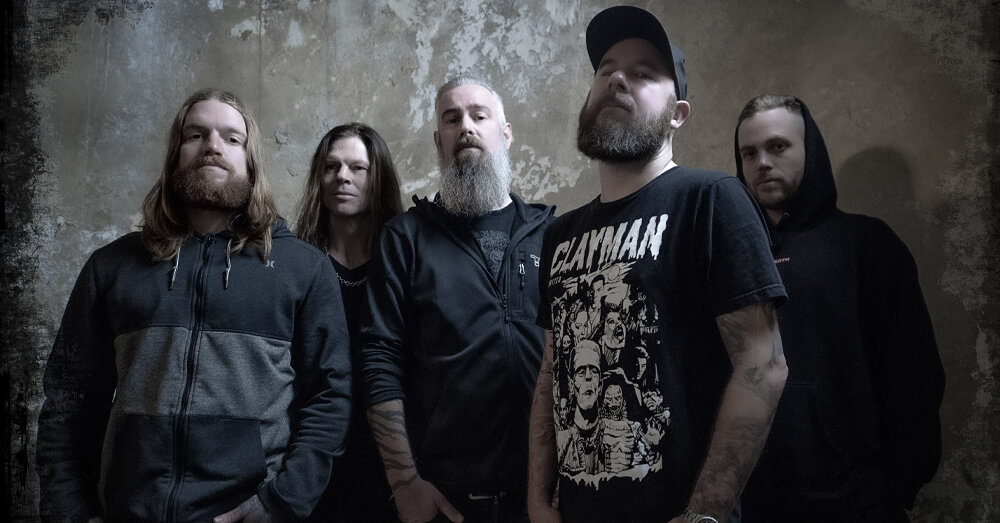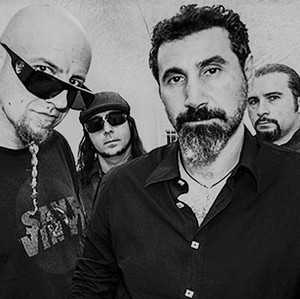At its core, metal music challenges mainstream norms and conventions. Its image often revolves around dark themes, including death, despair, and defiance, which can lead to stereotypes of metal fans as rebellious or even antisocial. Yet, this perception overlooks the diversity within the metal community. Fans range from blue-collar workers to intellectuals, united by a passion for the music’s raw energy and cathartic expression.
Ideologically, metal encompasses a spectrum of themes and beliefs. Some bands delve into political commentary or social issues, while others explore fantasy realms or philosophical concepts. This diversity reflects the genre’s ability to provoke thought and emotion, transcending simple categorizations.
Stereotypes surrounding metal music persist despite its evolution over decades. The leather-clad rocker or the tattooed enthusiast are enduring images associated with metal culture. However, these images are just one facet of a vibrant global community that celebrates individuality and artistic freedom.
Metal music’s social perception is a nuanced tapestry of image, ideology, and stereotypes. It challenges societal norms, embraces diverse themes, and fosters a strong sense of community among its fans. Beyond the stereotypes lies a genre that continues to evolve and resonate with listeners worldwide, offering a powerful voice for those who seek to express themselves authentically through music.
Exploring Metal Music’s Evolution: From Counterculture to Mainstream Stereotypes
One of the defining characteristics of metal music is its ability to challenge societal norms and push boundaries. It has never been afraid to confront taboo subjects or explore themes considered controversial by mainstream standards. From its inception, metal has been a voice for those who felt marginalized or misunderstood, offering a sense of belonging and solidarity to its listeners.
As metal music evolved over the decades, it began to diversify into various subgenres, each with its own distinct sound and identity. Bands like Black Sabbath and Iron Maiden laid the groundwork for what would become a global phenomenon, influencing countless musicians and shaping the future of rock music.
In the 1980s and 1990s, metal music faced intense scrutiny and censorship, particularly during the era of the PMRC (Parents Music Resource Center) and the infamous “Tipper Gore hearings.” Despite these challenges, metal persisted and even thrived, thanks in part to its dedicated fanbase and the rise of alternative media outlets.
By the turn of the millennium, metal had firmly established itself as a cultural force to be reckoned with. Bands like Metallica and Slayer achieved mainstream success while still maintaining their underground credibility. Metal festivals became massive events, drawing crowds from around the world to celebrate their shared love of the genre.
Today, metal music continues to evolve and adapt to changing tastes and technologies. It has embraced the digital age, with bands using social media and streaming platforms to connect directly with fans and distribute their music independently. The stereotype of metal as exclusively dark or aggressive has also been challenged, with many artists incorporating elements of other genres like jazz, classical, or electronic music into their sound.
Unveiling the Icons: How Metal Music Shapes Cultural Ideology and Identity

At its core, metal isn’t merely a genre; it’s a lifestyle. It amplifies the voices of the marginalized and disenchanted, speaking directly to those who feel misunderstood or oppressed. Bands like Metallica and Black Sabbath aren’t just bands—they’re icons who redefine what it means to be authentic and unapologetic.
Metal’s impact extends beyond music itself. It’s a beacon for those seeking solidarity and belonging in a world that often feels isolating. The intense energy of a live metal concert isn’t just about the music; it’s a communal experience where fans find camaraderie in their shared love for heavy distortion and aggressive rhythms.
Moreover, metal’s lyrics delve into themes of existentialism, social injustice, and personal struggle. Bands often serve as modern-day poets, crafting verses that provoke thought and challenge mainstream narratives. Through their music, they ask profound questions about life, society, and the human condition.
In essence, metal music is a cultural phenomenon that defies categorization. It’s both a soundtrack and a statement—an anthem for those who refuse to conform and embrace their true selves. Whether in the heart-pounding beat of a breakdown or the haunting melody of a ballad, metal resonates because it speaks truth in a world often dominated by superficiality.
Breaking the Mold: Metal Music’s Impact on Challenging Social Stereotypes
One of the most striking impacts of metal music is its ability to defy stereotypes. Often criticized for its dark imagery and aggressive sound, metal actually serves as a voice for those who feel marginalized or misunderstood. Lyrics delve into themes of personal struggle, social injustice, and political dissent, offering listeners an outlet for their frustrations and a sense of solidarity. Through its loud and unapologetic approach, metal challenges listeners to question authority and think critically about the world around them.
Beyond its lyrical content, metal’s impact extends to its fanbase—a diverse community united by their passion for the music. Concerts become communal spaces where fans from all walks of life come together, transcending differences of race, gender, and background. In this sense, metal fosters a sense of belonging and acceptance that defies the stereotypes often associated with the genre.
Moreover, metal’s influence on popular culture cannot be overstated. From fashion trends to art and literature, the genre’s aesthetic has permeated mainstream consciousness, influencing everything from high fashion runways to blockbuster movies. Bands like Metallica and Iron Maiden have become household names, their logos emblazoned on merchandise and embraced by fans worldwide.

Metal music continues to break the mold and challenge social stereotypes in profound ways. Through its music, lyrics, and community, metal offers a powerful platform for rebellion and self-expression. Whether you’re a lifelong metalhead or simply curious about its allure, exploring the genre reveals a complex tapestry of sound and meaning that defies expectations and demands attention.
Beyond Noise: Understanding the Deep-rooted Ideology of Metal Music Fans

Metal music isn’t just about loud guitars and aggressive drumming. For those immersed in its world, it’s a vibrant subculture rich with deep-seated beliefs and unique ideologies that shape their identity. Dive into this musical realm, and you’ll find a community bonded by more than just a love for heavy riffs.
At its core, metal music resonates with fans on a profound level. It’s not merely a genre they listen to; it’s a lifestyle that embodies rebellion, independence, and raw emotion. Imagine standing in a mosh pit, surrounded by fellow enthusiasts, feeling the music reverberate through your body like a pulse. It’s a visceral experience that transcends words.
One of the key aspects that set metalheads apart is their unwavering dedication to authenticity. Unlike mainstream trends that come and go, metal remains steadfast in its principles. Fans appreciate the genre’s honesty and refusal to conform to commercial norms. It’s a rebellion against the polished and manufactured sounds that dominate the airwaves.
Moreover, metal music serves as a platform for introspection and philosophical exploration. Lyrics delve into existential themes, societal issues, and personal struggles. It’s not uncommon for fans to find solace and catharsis in the music, connecting deeply with lyrics that articulate their innermost thoughts.
But beyond the music itself, metal culture fosters a strong sense of community. Concerts are more than just events; they are gatherings of like-minded individuals who share a passion for the genre. Whether you’re headbanging at a festival or discussing album art in an online forum, there’s an undeniable camaraderie that binds metalheads together.
In essence, being a metal fan isn’t just about what you listen to; it’s about embracing a set of values and beliefs that resonate with your soul. It’s about finding beauty in the chaos, strength in vulnerability, and solidarity in a world that often misunderstands you. So next time you hear the thunderous roar of a distorted guitar, remember that it’s more than just noise—it’s the heartbeat of a community united by their love for metal.








